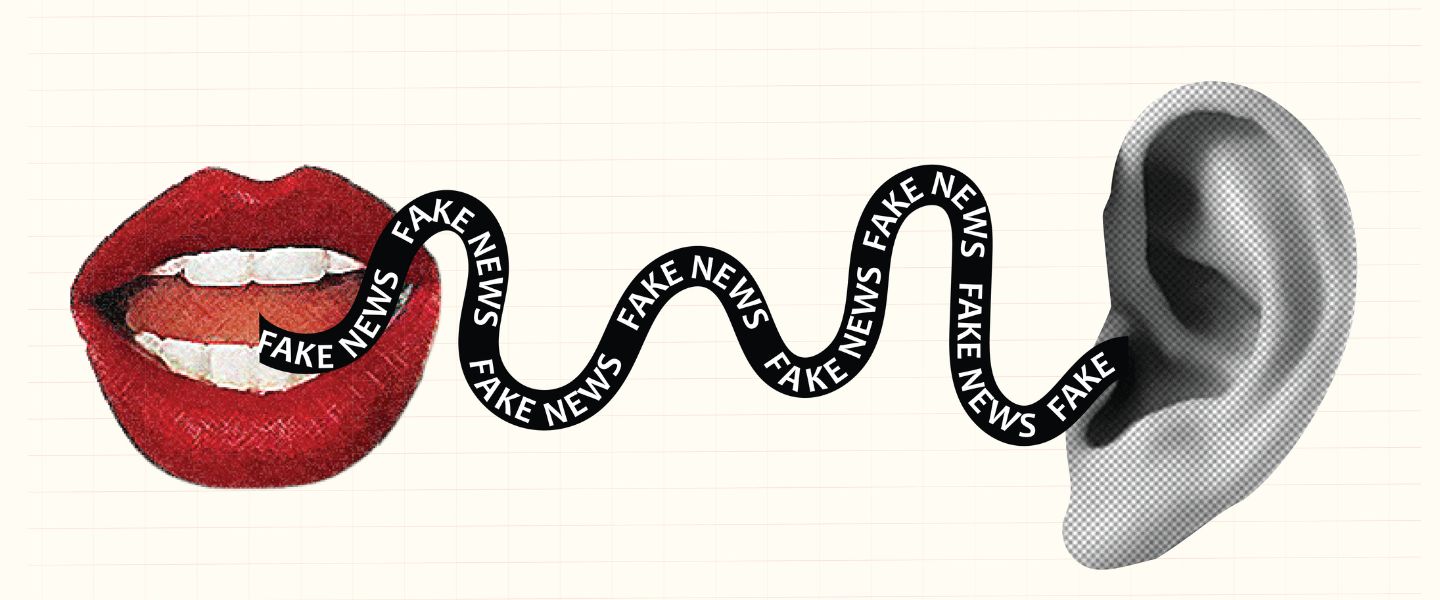
Is it time you went back to beige?
Beige gets a bad rap from brand consultants, but when you’re stressed, it’s hard to think clearly: you need to return to neutral first. To reset your nervous system, try going back...

by Nele Dael Published October 23, 2025 in Brain Circuits • 3 min read
Most dialogue around recovery is about its connection to positive effects such as happiness, but framing the approach to recovery in this way may not convince work-driven individuals to prioritize it. Instead, it may be more impactful to highlight benefits to overall mental health, including emotional, physical, and cognitive functioning.
Monitoring an individual’s functioning at these three levels by measuring both the subjective experience and objective indicators of well-being (such as heart rate and brain activation) contributes to a more holistic view of mental health and well-being in the workplace.
Business executives and managers are more likely than other workers to be highly engaged and connected to their organization, but they also experience more stress and other negative emotions related to work, and are likely to experience feelings of frustration, shame, or guilt whenever they take a break. Your job is to free them from this “recovery guilt.” Emphasizing the effectiveness of microbreaks is crucial here.
Executives can embed them into their daily routines, combating exhaustion in a practical, sustainable way, rather than to simply “grin and bear it” until their next stretch of annual leave. The same principle works for holidays: on some measures, short breaks can be more restorative than longer vacations. Longer breaks are necessary, but a mixture of long and shorter breaks will provide the most effective year-round recovery.
Executives must be allowed to accept that running down their reserves or engaging in unsuitable passive recovery activities, because they can’t face going for a run, for example, is counterproductive.
Leaders are role models. The more they prioritize their own well-being, the greater their positive influence on the wider workforce. Such health-oriented leadership has been proven to boost employee well-being by minimizing workplace conflict, reducing job insecurity, and improving working conditions.
By encouraging recovery at the top, CHROs can lay the foundations for a healthier, happier, and more resilient workforce.

Nele Dael is a senior behavioral scientist studying the expression and perception of emotion, personality, and social skills in organizational contexts. Together with Alyson Meister and E4S partners, she develops the Workplace Wellbeing Initiative with innovative research to understand and foster mental health in the workplace focusing on stress and recovery. Her work has been published in Journal of Personality Research, Psychological Science, Emotion, Perception, Journal of Nonverbal Behavior, and IEEE Transactions on Affective Computing.

February 12, 2026 • by Francesca-Giulia Mereu in Brain Circuits
Beige gets a bad rap from brand consultants, but when you’re stressed, it’s hard to think clearly: you need to return to neutral first. To reset your nervous system, try going back...

February 11, 2026 • by Stefan Michel in Brain Circuits
Drawing on his recent IMD podcast with Amar Bhidé, IMD Professor of Management Stefan Michel debunks longstanding misconceptions about entrepreneurship....

February 10, 2026 • by Susanne May in Brain Circuits
Forget everything you’ve heard about genius CEOs, intuition, and heroic decision-making, says Susanne May – use Jensen Huang’s radical leadership of Nvidia as a blueprint to succeed in the AI era....

February 5, 2026 • by Michael D. Watkins in Brain Circuits
AI can do plenty in terms of learning and skills development – but educators and talent leaders also need to understand what AI tools should not be used for. ...
Explore first person business intelligence from top minds curated for a global executive audience